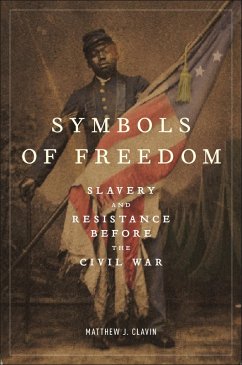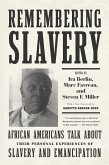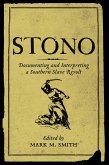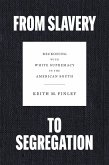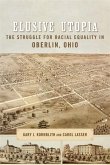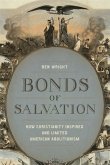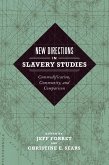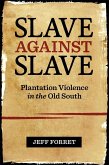How American symbols inspired enslaved people and their allies to fight for true freedom
In the early United States, anthems, flags, holidays, monuments, and memorials were powerful symbols of an American identity that helped unify a divided people. A language of freedom played a similar role in shaping the new nation. The Declaration of Independence's assertion "that all men are created equal," Patrick Henry's cry of "Give me liberty, or give me death!," and Francis Scott Key's "star-spangled banner" waving over "the land of the free and the home of the brave," were anthemic celebrations of a newly free people. Resonating across the country, they encouraged the creation of a republic where the right to "life, liberty, and the pursuit of happiness" was universal, natural, and inalienable.
For enslaved people and their allies, the language and symbols that served as national touchstones made a mockery of freedom. Deriding the ideas that infused the republic's founding, they encouraged an empty American culture that accepted the abstract notion of equality rather than the concrete idea. Yet, as award-winning author Matthew J. Clavin reveals, it was these powerful expressions of American nationalism that inspired forceful and even violent resistance to slavery.
Symbols of Freedom is the surprising story of how enslaved people and their allies drew inspiration from the language and symbols of American freedom. Interpreting patriotic words, phrases, and iconography literally, they embraced a revolutionary nationalism that not only justified but generated open opposition. Mindful and proud that theirs was a nation born in blood, these disparate patriots fought to fulfill the republic's promise by waging war against slavery.
In a time when the US flag, the Fourth of July, and historical sites have never been more contested, this book reminds us that symbols are living artifacts whose power is derived from the meaning with which we imbue them.
Hinweis: Dieser Artikel kann nur an eine deutsche Lieferadresse ausgeliefert werden.
In the early United States, anthems, flags, holidays, monuments, and memorials were powerful symbols of an American identity that helped unify a divided people. A language of freedom played a similar role in shaping the new nation. The Declaration of Independence's assertion "that all men are created equal," Patrick Henry's cry of "Give me liberty, or give me death!," and Francis Scott Key's "star-spangled banner" waving over "the land of the free and the home of the brave," were anthemic celebrations of a newly free people. Resonating across the country, they encouraged the creation of a republic where the right to "life, liberty, and the pursuit of happiness" was universal, natural, and inalienable.
For enslaved people and their allies, the language and symbols that served as national touchstones made a mockery of freedom. Deriding the ideas that infused the republic's founding, they encouraged an empty American culture that accepted the abstract notion of equality rather than the concrete idea. Yet, as award-winning author Matthew J. Clavin reveals, it was these powerful expressions of American nationalism that inspired forceful and even violent resistance to slavery.
Symbols of Freedom is the surprising story of how enslaved people and their allies drew inspiration from the language and symbols of American freedom. Interpreting patriotic words, phrases, and iconography literally, they embraced a revolutionary nationalism that not only justified but generated open opposition. Mindful and proud that theirs was a nation born in blood, these disparate patriots fought to fulfill the republic's promise by waging war against slavery.
In a time when the US flag, the Fourth of July, and historical sites have never been more contested, this book reminds us that symbols are living artifacts whose power is derived from the meaning with which we imbue them.
Dieser Download kann aus rechtlichen Gründen nur mit Rechnungsadresse in A, D ausgeliefert werden.
Hinweis: Dieser Artikel kann nur an eine deutsche Lieferadresse ausgeliefert werden.

